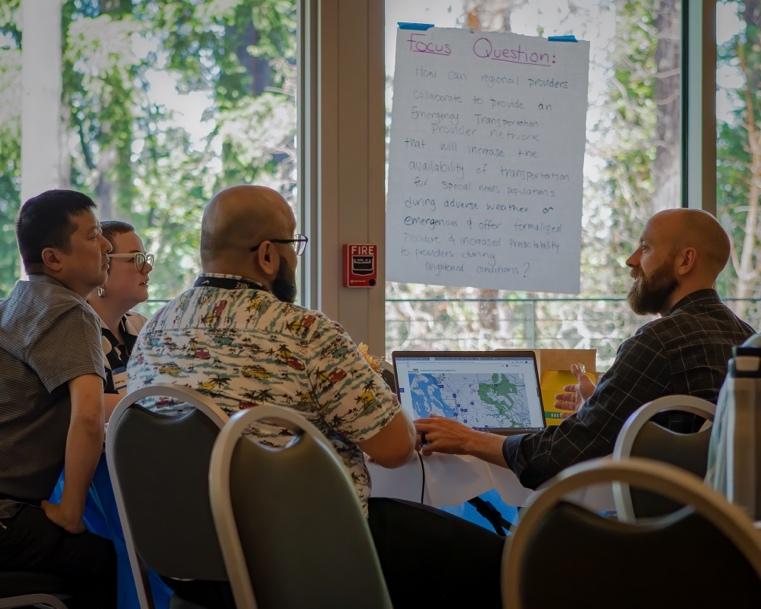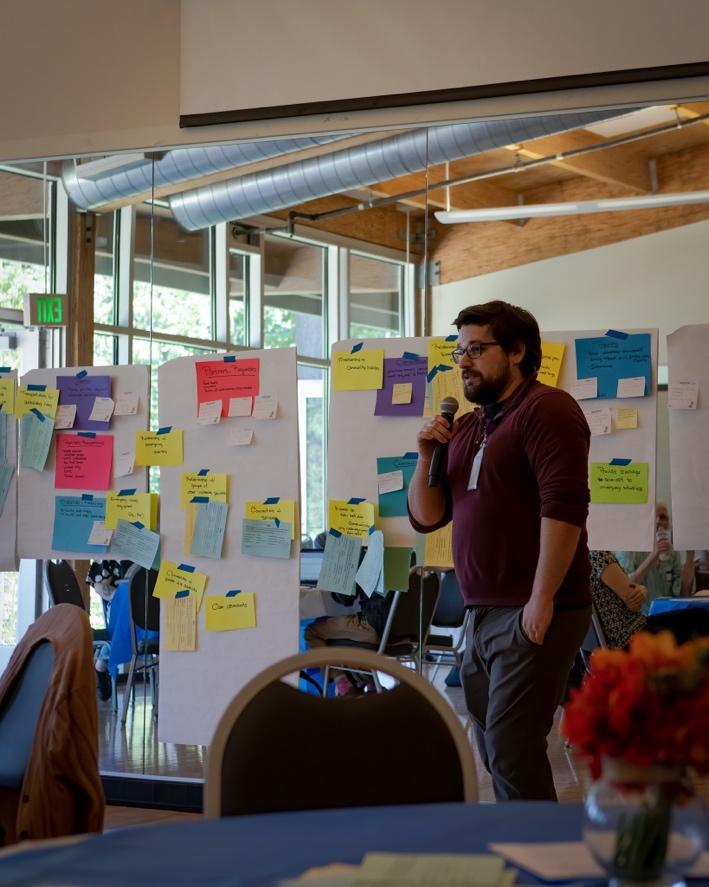NCMM Helps Create Emergency Transportation Plan in Washington
- Author: William Wagner
- Date: March 28, 2023
“Prepare for the worst, hope for the best” is a useful motto for the average person, but if you’re a community emergency management professional then…




